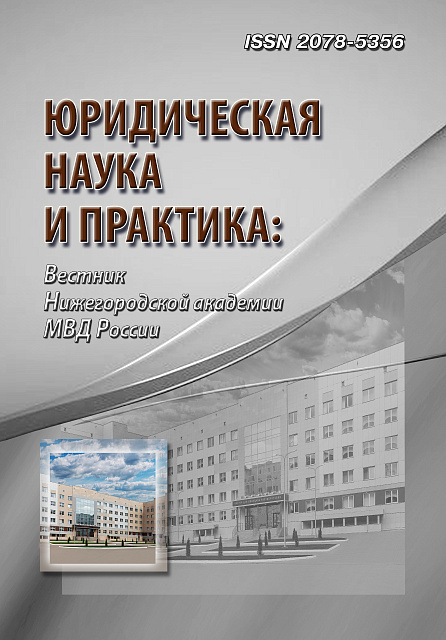The admission of guilt by the accused is of particular value for the criminal process, both for the field of theoretical understanding and for the activities of practical bodies. A deep interest in the admission of guilt for a long time caused a lot of discussions and disputes about its essence, meaning, hierarchy, as well as ways to obtain it. On the one hand, the voluntary admission of guilt by the accused is a confession that he gives solely based on his inner beliefs, norms of morality, conscience and other trends of the soul. On the other hand, it is impractical to expect that each accused person will appear and confess to the crime committed independently, without any intervention by law enforcement agencies, since such a situation is an exception to the rules. Moreover, in the criminal procedure law there are forms of positive influence on the accused, which provide him with a number of beneficial incentives for him to obtain confessions. In this regard, the so-called “paradox of stimulating” the accused to voluntarily admit his guilt arises, which consists in the fact that such a confession excludes any stimulation, but without stimulation, voluntary admission of guilt is itself an exception.
paradox, admission of guilt, stimulation, voluntariness, voluntary recognition
1. Criminal Procedure Code of the Russian Federation no. 174-FZ of December 18, 2001 (as amended. from 04.08.2023). Access from the reference legal system “ConsultantPlus” (accessed 28.08.2023). (In Russ.)
2. Vladimirov L. E. The doctrine of criminal evidence. Tula, 2000. (In Russ.)
3. On the approval of the Criminal Procedure Code of the RSFSR: resolution of the Central Executive Committee of February 15, 1923. Access from the reference legal system “ConsultantPlus” (accessed 23.06.2024). (In Russ.)












